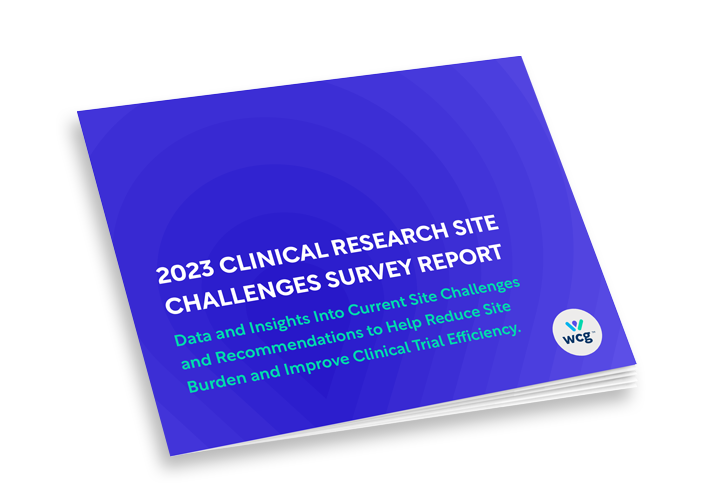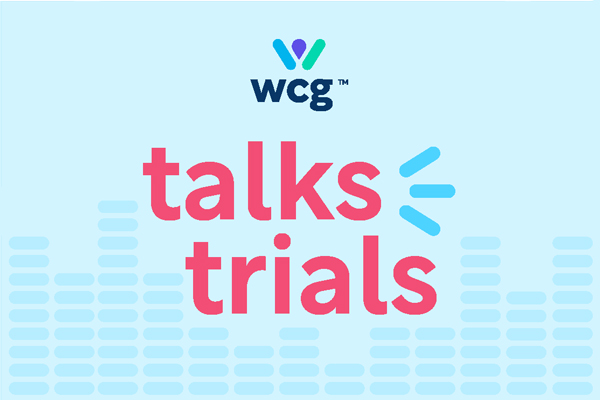Vaccine research will forever be linked to the COVID-19 pandemic. For all the heartache and troubles the pandemic brought us, it showed the collective power our industry holds when unified for a singular focus. While the pandemic brought new awareness to vaccine research, it also elevated the expectations of sites without accounting for their own aspects of pandemic challenges.
At the height of COVID-19 vaccine research, everyone was on board: site staff, sponsors, CROs, vendors, and most of all, patients, unified for a singular focus. Our industry, and the world, saw incredible speed and results. Now that the world has progressed and individual factors are no longer aligned, the goal of vaccine research stays the same. Because of this, the next year will see the continued trend of high expectations, with traditional resource constraints in place, bringing the need to focus on enhancing efficiency at sites.
Sites can maximize resources by leaning into the lessons learned through the pandemic. One practice that enabled the speed of pandemic vaccine research is the clear delegation of duties at sites. Recruitment and retention needs are not mutually exclusive, but sites should clearly assign the tasks associated across the patient journey to team members. These specific tasks require not just delegation, but dedication from team members. When the team knows who carries each responsibility, members can focus on their specific tasks and work efficiently. The concept sounds simple, but putting it into a repeatable practice takes effort and specialization.
The next year of vaccine development will continue to focus on respiratory diseases, including new variants of influenza and COVID-19. The year will also see a growing focus on new and emerging diseases such as dengue fever and Zika, and advances in bacterial and viral indications, including meningococcal, hepatitis, and chicken pox. Each specific indication will require sites to focus on healthy but at-risk populations. Sites must continue engaging with the target population to bring awareness of these vaccine areas and ensure the efficacy endpoints can be achieved.
The industry desires efficiency. Sites can expect sponsors to work on bringing efficiencies through new and consolidated technology. From a site’s perspective, some will work, some will not, and the ongoing trend of technical issues will persist. Still, sites should work openly through the challenges and approach changing technologies with the basics of the scientific method. There is a hypothesis that changing technology will benefit research. To continue to advance as an industry, we all need to go through the methodology to determine if the results support the hypothesis.
Vaccine research in 2024 will continue to press forward, and sites will continue to find ways to be more efficient in their processes. The pandemic proved what is achievable, and efficiencies were born from the process. With the mindset of continuous process improvement, patients will be the beneficiaries of the work to come.


